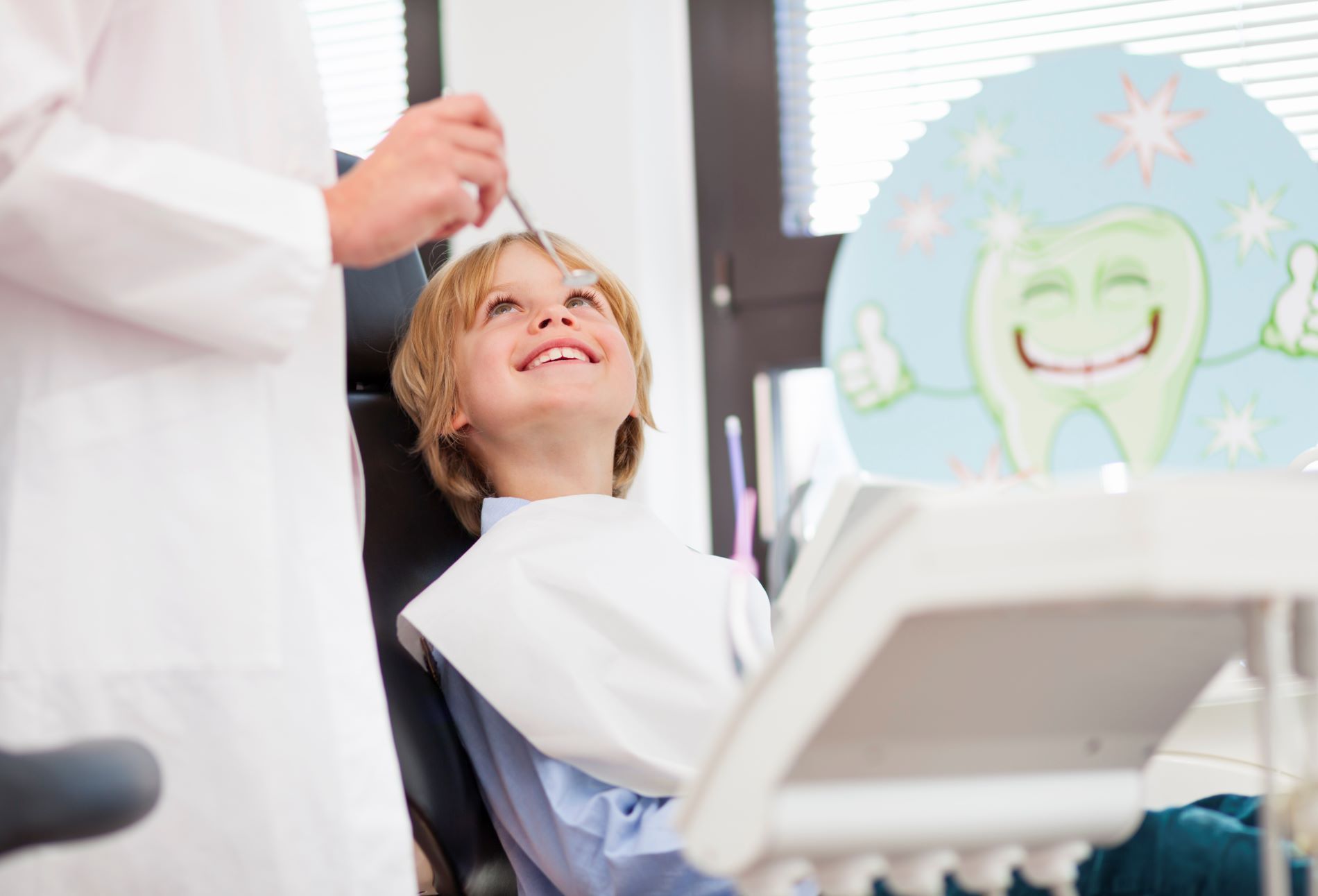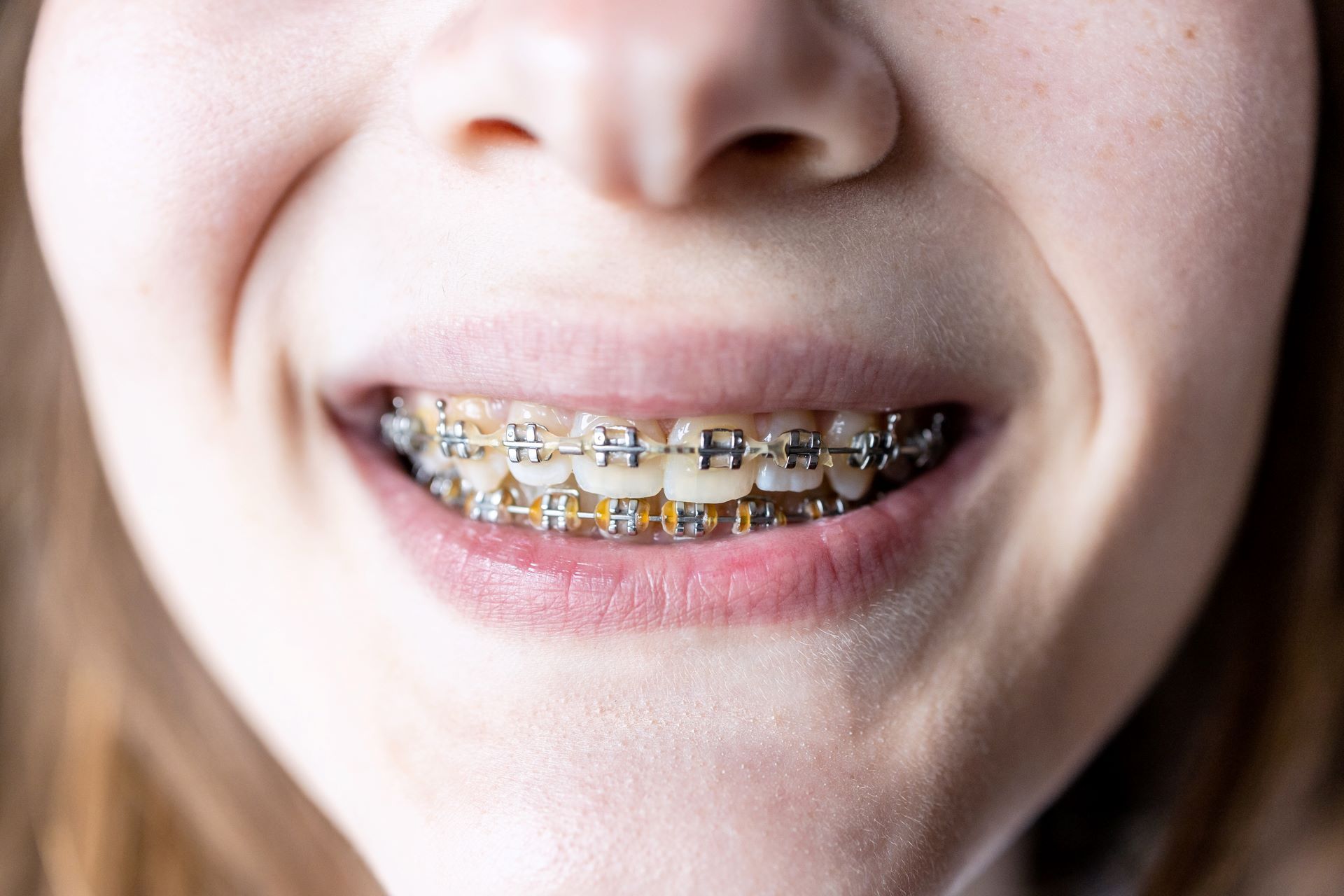Debunking the Most Common Myths About Baby Teeth
Your baby, your precious bundle of joy, is the only person able to invoke every emotion within you - you even learn things about yourself you didn't even know existed. As a parent, when your offspring is happy you're happy, and when they're hurting, you hurt. Although it's normal to take in all the information and advice volunteered from others, you know that there are many misconceptions and myths about raising babies, including the teething process.
You know the saying, "everyone is different", right? Well, that also applies to babies and teething. The symptoms and signs of teething are different for each child, so knowing for sure if your child has a tooth pushing through, or if their irritation is due to something else can be confusing.
About Baby Teeth
Your child's primary teeth are temporary and are also referred to as baby teeth, or milk teeth. These are also the teeth that keep the tooth fairy in business. To help you decipher facts from fiction, the team at
Sweet Tooth Pediatric Dentistry
has listed a few myths that every parent should know about their baby's teething process.
The Following Are Nine Common Teething Myths
Teething typically comes with a few symptoms, including fever. According to the American Academy of Pediatrics (AAP)
studies
have revealed that teething may cause a small spike in their body temperature, but not enough to induce a high fever. If your baby develops a fever of 100.4 degrees or higher, something else is likely triggering it.
Not so much. Although it seems like baby teeth just show up randomly, the truth is, that teeth do come through in a specific order and are mostly paired. Generally, in the following order:
- Central Incisors
- Lateral Incisors
- First Molars
- Canines
- Second molars
It's vital to understand that each child's teething process may not abide by this schedule, so no need to stress if those baby teeth choose their own order.
So not true! Remember, each child is different. Some signs like drooling, pulling on their ear, and being fussy are
typical signs
of teething, but all babies will not react this way. You can quickly examine your baby's gums by checking their gums for swelling and bruising on their gums, or you can rub your baby's gums with your finger to check for an incoming tooth.
Don't believe your baby doesn't need to see a dentist until their full set of teeth come in, according to the American Academy of Pediatric Dentistry (AAPD). Your baby should see a dentist once their first tooth has emerged, but surely by age one. Why? Well, babies can get cavities too. Additionally, the dentist will ensure that teeth are developing properly.
Why Sweet Tooth Dentistry?
If your baby has got their first few teeth, and you're in Kansas City, we have convenient
locations
in Overland Park and Shawnee. Don't wait on your baby's teeth,
contact us
today to
schedule an appointment
for your teething baby. In the meantime, check out
our blog right here!
Pediatric Dentistry
Schedule Appointment
Book your appointment at one of our Sweet Tooth locations today.
First Time Visit?
There is no need to fear, Sweet Tooth is here! Let us help you ease the worry that can come with visiting the dentist for the first time.
Accepting New Patients





